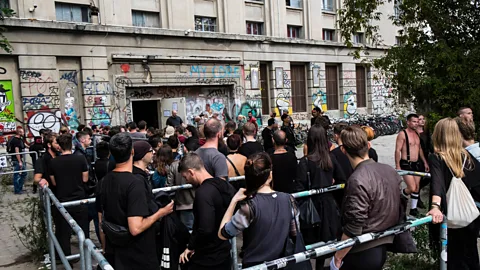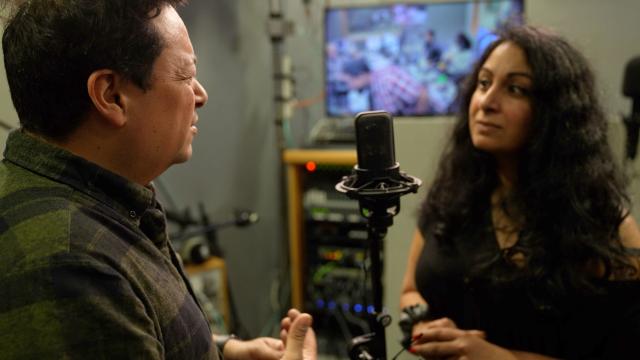For over a century, Berlin has been a global symbol of uninhibited revelry, from the decadent Weimar-era parties to the pulsating techno beats that have defined its modern identity. But the city’s iconic nightlife now faces an existential crisis. Rising rents, gentrification, and changing social dynamics have sparked fears that Berlin’s legendary club culture may soon fade into history.
Germany recognized Berlin’s techno scene as part of its national registry of Intangible Cultural Heritage in March 2024, celebrating its role in shaping the city’s rebellious spirit. The music has served as a countercultural anthem, from tearing down the Berlin Wall to solidifying Berlin’s “poor but sexy” allure under former mayor Klaus Wowereit. Yet, a recent report by the Club Commission, a nonprofit supporting Berlin’s nightlife, warns that half of the city’s 250 clubs could shut down by 2025.
Economic pressures have already claimed notable venues. Watergate, a Kreuzberg institution for 22 years, closed its doors on New Year’s Eve, and urban development projects threaten beloved clubs like Sisyphos and Renate. Rising rents, inflation, and lingering financial struggles from the pandemic have created a perfect storm, forcing many club owners to reconsider their futures.
Generational shifts are also reshaping Berlin’s nightlife. Surveys show younger generations favor healthier lifestyles, with fewer drinking or engaging in the behaviors historically linked to the city’s all-night parties. Club attendance has dropped, and the average age of clubgoers has risen to 30, with just 9% aged 18 to 21.
In response to these changes, some are redefining Berlin’s entertainment landscape. Venues like Electric Social, an arcade bar near Alexanderplatz, appeal to younger crowds seeking relaxed group experiences over marathon dance parties. Entrepreneurs believe Berlin’s spirit of reinvention will keep its nightlife alive, even if it evolves into something new.
While challenges abound, Berlin’s clubs have long thrived on resilience and adaptation. For decades, they transformed derelict spaces on the city’s fringes into havens of creativity and community. Though the future of Berlin’s famous club culture remains uncertain, its legacy of reinvention suggests the beat may yet go on.




